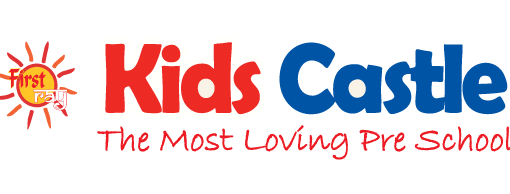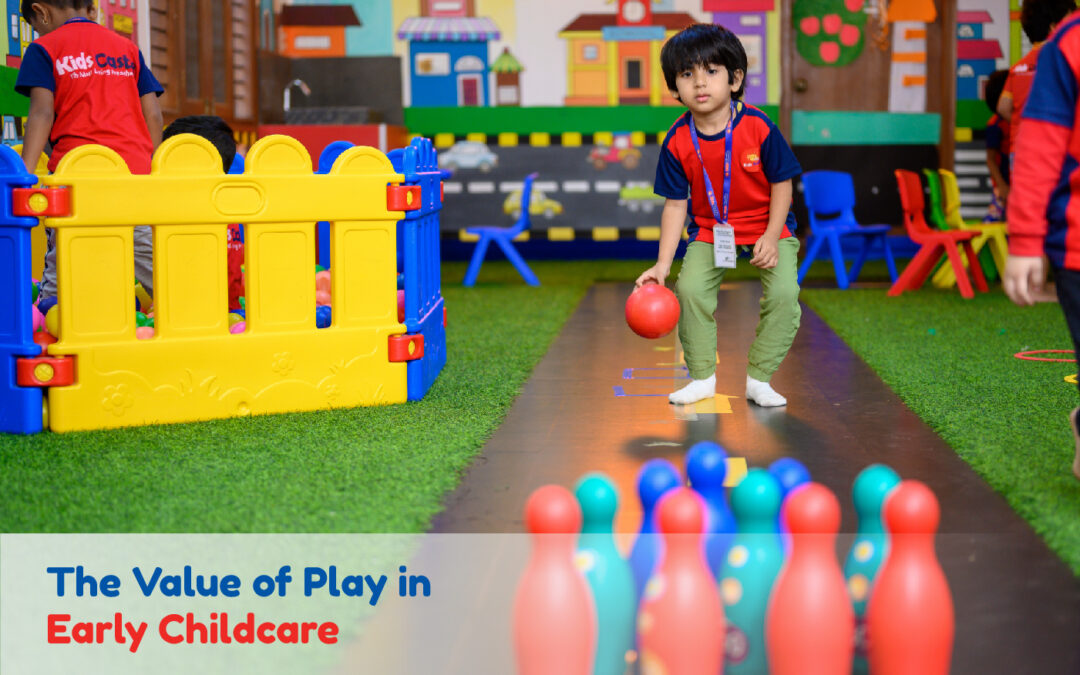Children are naturally inquisitive. Childcare experts know that children learn about themselves and the world around them through experimenting, asking questions, and utilizing their senses of sight, touch, smell, taste, and sound. They never stop learning new things.
One of the crucial ways that children learn about the world is through play. By allowing children to play and enjoy themselves, childcare facilities promote their growth. Encourage them to learn, experiment with, and explore new things. Simple daily activities like playing outside are great.
Physical exercise
Children have a natural urge to be physically active. Even adults have the need or desire, although it’s more evident in children. Every type of exercise or movement is considered a physical activity.
Any form of exercise or movement is regarded as physical activity and it is an integral part of childcare. It develops essential skills such as agility, coordination, flexibility, and balance, allowing children to be aware of their bodies and the environmental conditions affecting movement.
Active play is fun
Children learn to unwind, have fun, and become more creative, self-assured, emotionally adaptable, and socially adept through play. Play and movement also improve their perceptual and cognitive abilities and processes.
Playing keeps children healthy and happy and aids in brain development. Early life experiences impact how the mind grows and how the brain develops. More neural pathways and networks are formed as additional brain parts are activated and used.
Play is integral to Childcare
Below listed are a few of the benefits from fun and play:
- Promoting lifelong health
- Maintaining a healthy weight
- Strengthening the heart’s functioning and muscles
- Enhancing the synchronization of movement
- Developing the realms of cognition, language, social interaction, and emotion
- Fostering self-assurance and confidence
- Practicing negotiation skills and problem-solving
- Making connections between their choices and the results of those choices
- Learning to make decisions
- Developing social and emotional intelligence
For further reading on the importance of play, read our blog: Why Play-Based Learning is Important for Preschool Children
Finding Time to Have Fun
Children can play alone, with childcare facilitators, other children, or with their families. As parents and childcare experts, you know that you generally don’t have to make children play or give them incentives to play. Children find ways to play and have fun, even during difficult times.
Impediments to play
Children in today’s environment participate in many scheduled extracurricular activities. As they grow older, academic pressure increases. Children in urban areas are losing access to natural outdoor play spaces and must remember or learn how to play. Children use technology excessively, and the repercussions can be significant.
Provide a Support System
Parents and childcare facilities can support and encourage their child’s learning through play by
- Providing materials that encourage and enhance play by considering children’s ages, interests, knowledge, strengths, and cultures.
- Foster children’s creativity and capacity with resources that permit open-ended use of objects like blocks or cardboard boxes.
- Joining in their play to extend their learning and to model their skills such as reasoning, use of appropriate language, and positive behaviours.
- Taking time to play with your child
- Advocating for safe play spaces in your local community.
Conclusion
Play is valuable to children and families. In fact, the importance of play in childcare cannot be overstated. So don’t hesitate, run, dance, and play with your children at any given moment. Playing not only makes a child stronger physically, it helps them grow into secure and confident adults.
At Kids Castle Day Care, we offer constructive activities to keep the young one’s engaged all the time.
Don’t forget to subscribe to our YouTube Channel.

